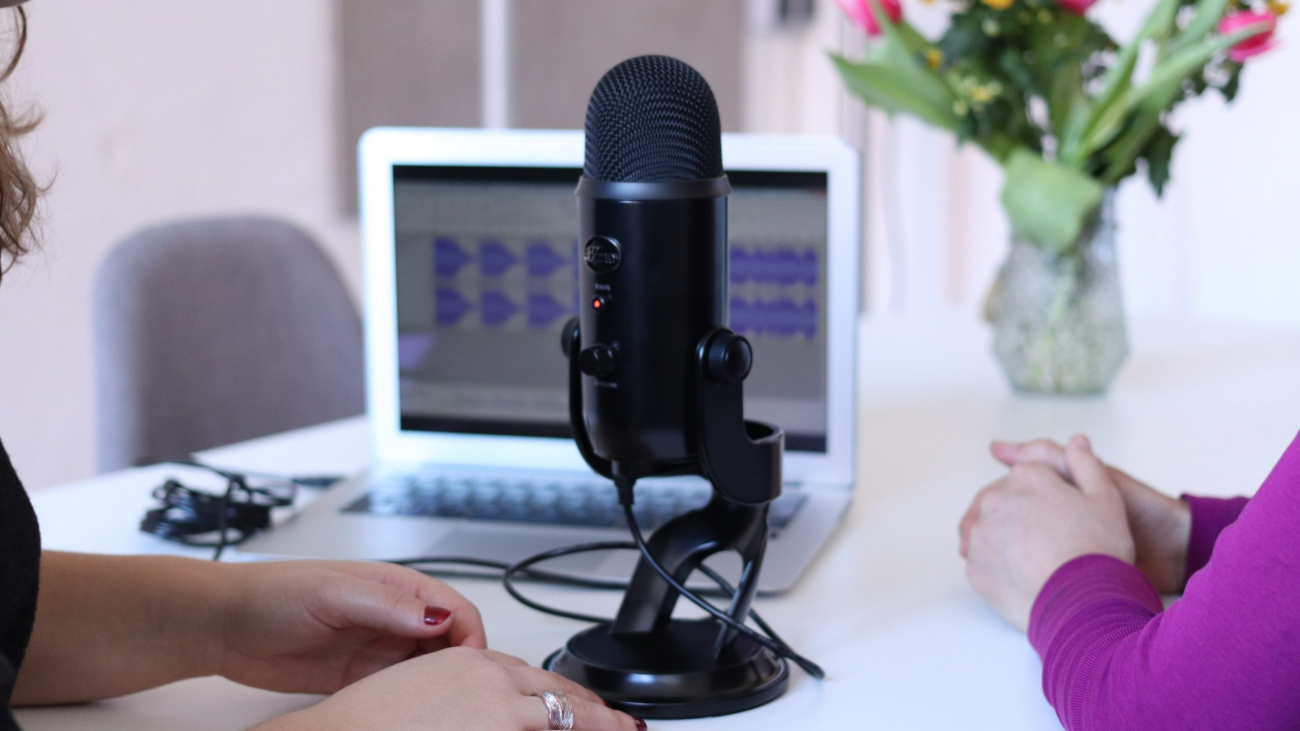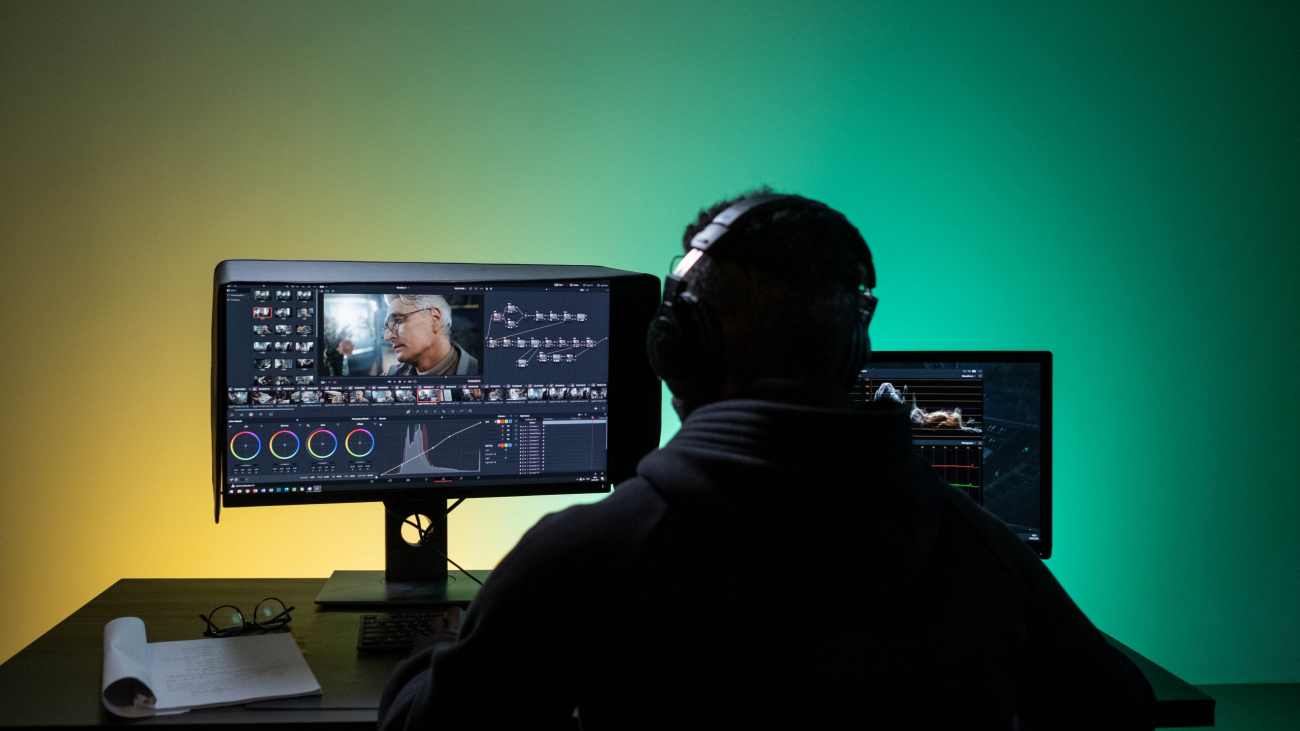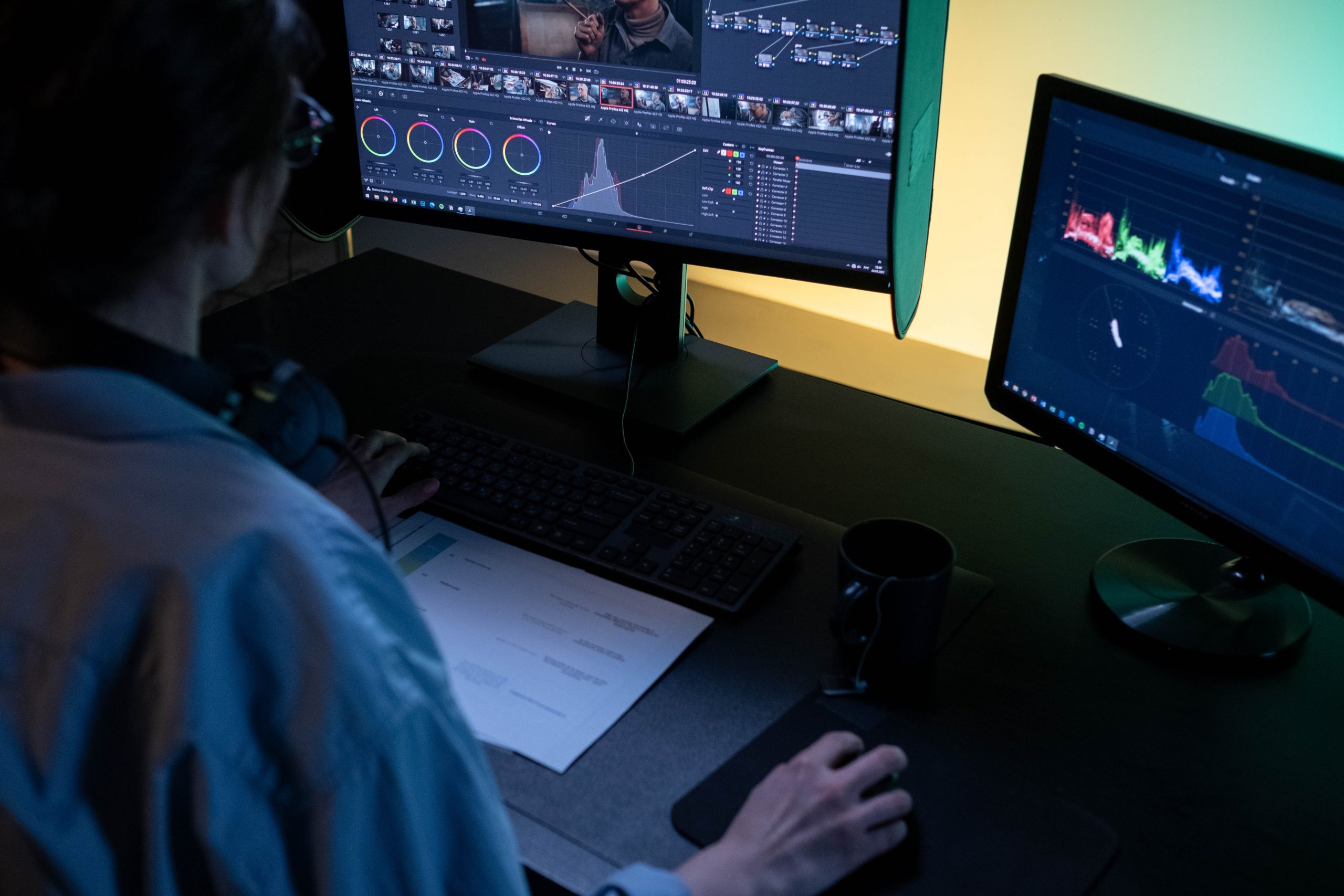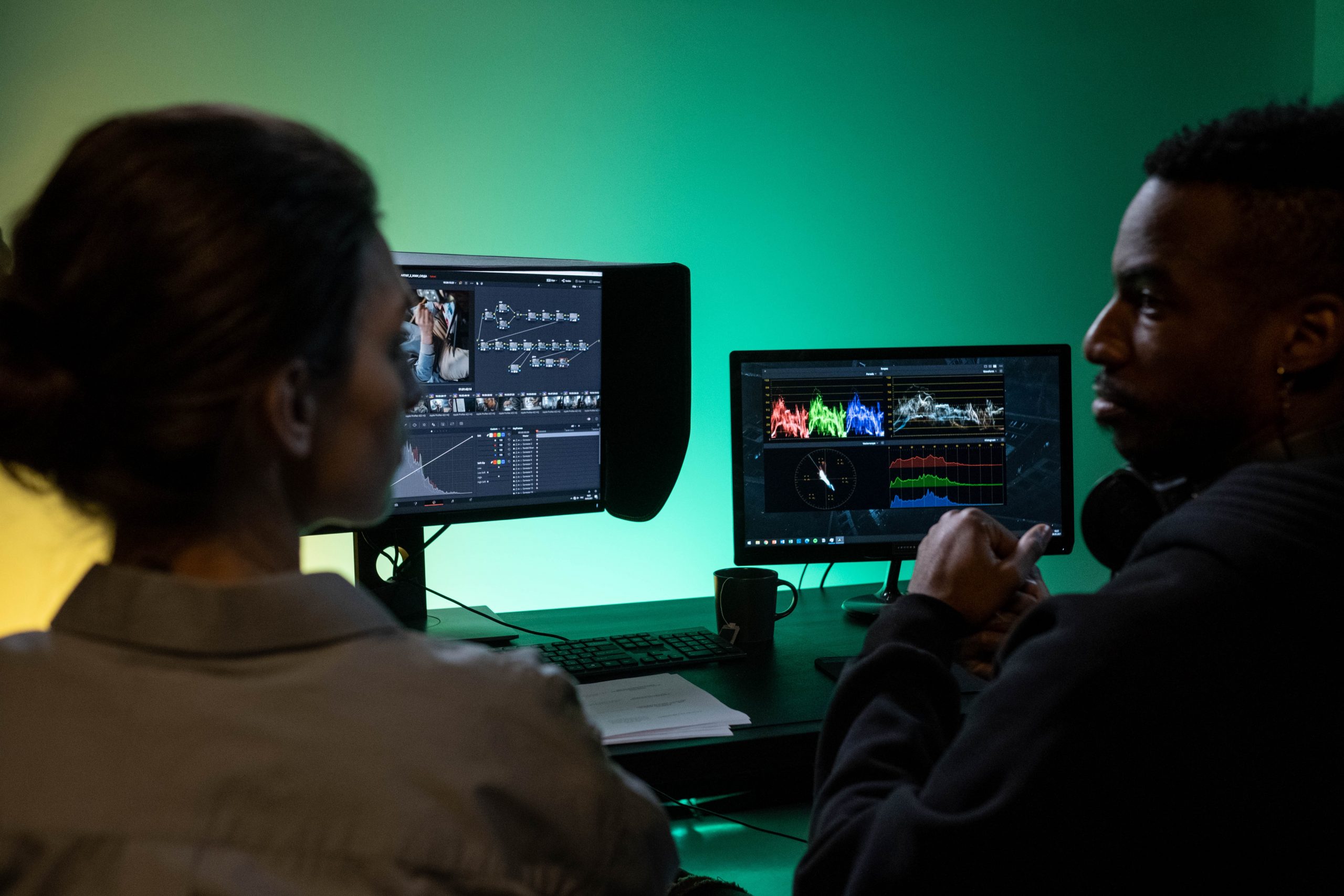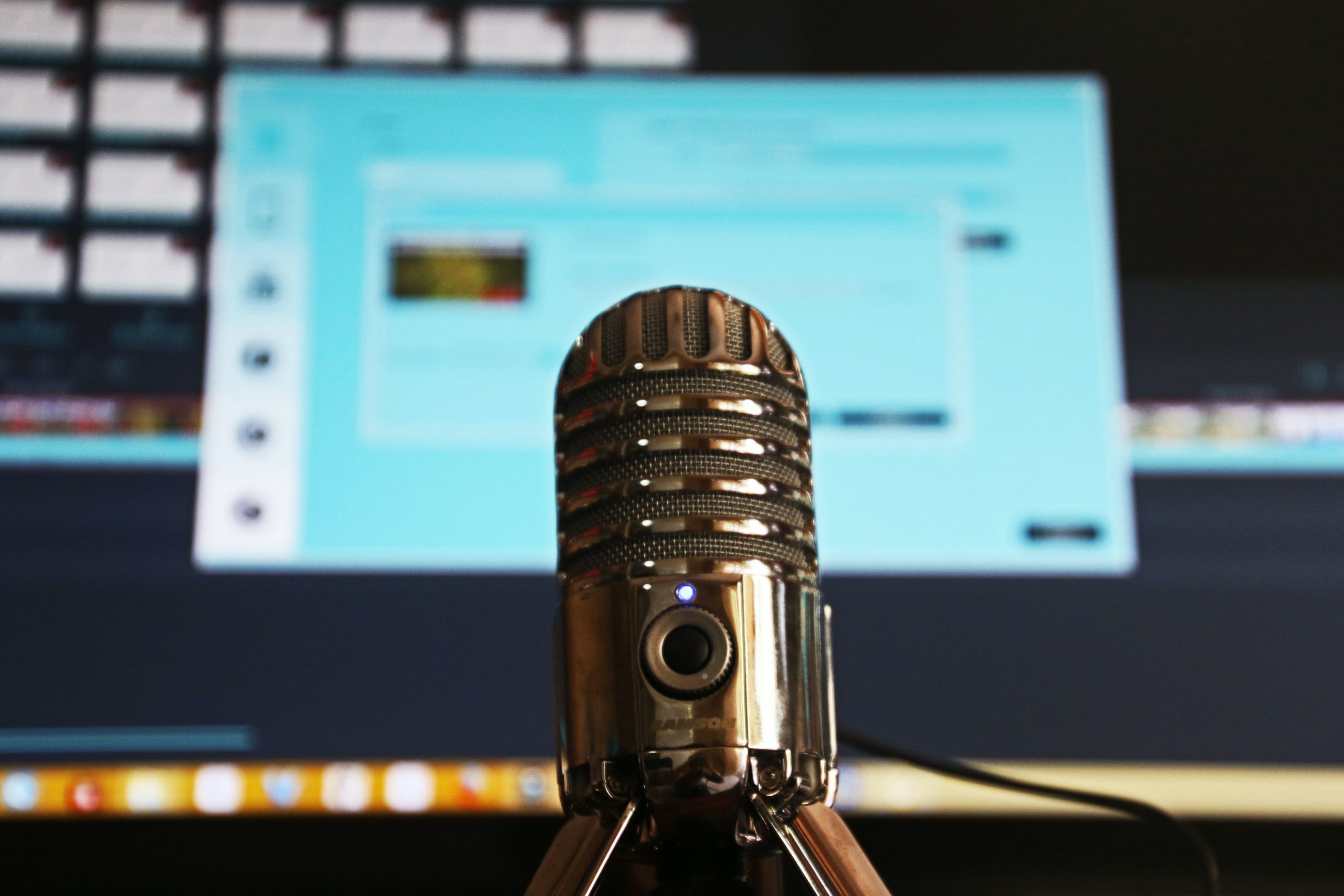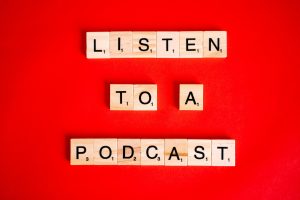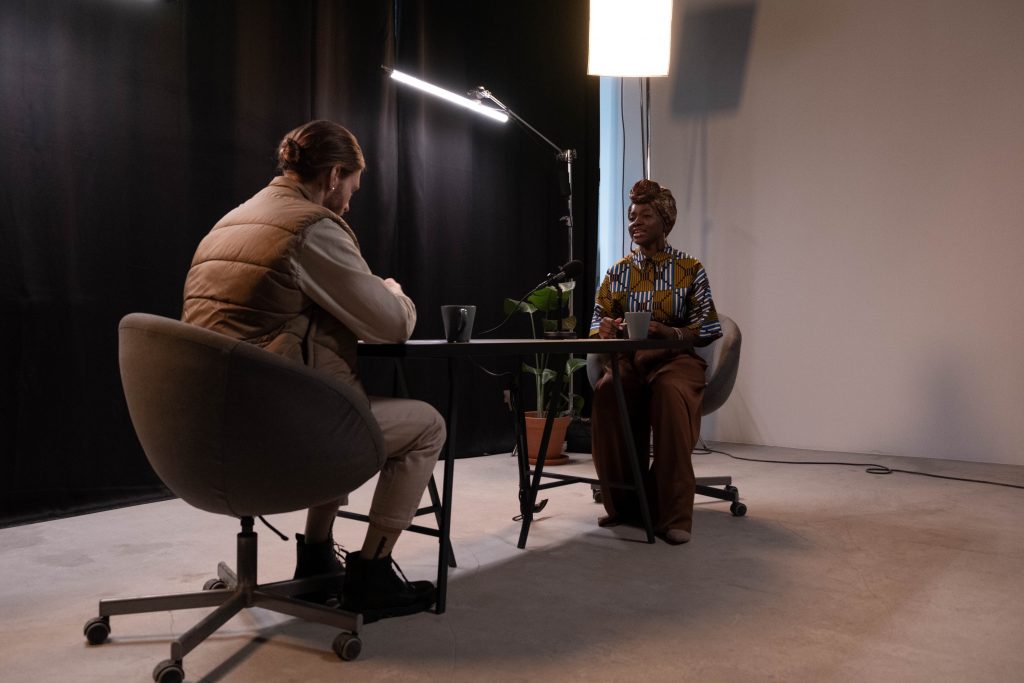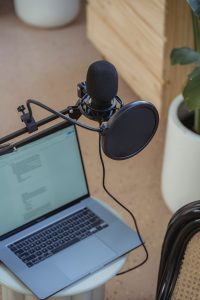Your podcast might not be taking off, and you’re wondering how you can get your listeners excited about your show again. Maybe people aren’t listening to episodes, or they aren’t leaving you positive reviews. You’re not alone. Many podcasters struggle to find the right balance between producing quality content and getting
listeners excited about their shows.
Perhaps you’ve started a podcast to express your creative urges. Maybe you’re a long-time listener of podcasts who wants to explore this new medium. Whatever your reason, the world of podcasting can be a fantastic way to share your stories and ideas with others. And if you are struggling, here are some tips to take your shows to
the next level.
Go back to the drawing board for your Content Strategy.
Consistent great content is the first step to elevating your show above the average in any niche. And there’s nothing more off-putting than listening to a podcaster who doesn’t know how to produce great content consistently. It doesn’t matter if you have created one episode or fifty. If you are not getting the desired results, review your strategy. Who are you making the content for? Why should they listen to you? Are you providing information, entertainment, or both? Be very clear on these answers.
Decide if you’re a talk or story-driven show
Some shows are all about interviews and conversations. Others are more about music. What you decide to focus on will influence how you create your content. For example, a music show might create episodes that are more akin to a concert. These kinds of shows are a different experience than shows where interviews are
the focus. You can pair your interviews with music to give your audience a different listening experience.
Develop an engaged audience
Some podcasters feel that their show will take off if only their listeners were “real fans of the show.” It’s important to remember that your goal isn’t to gather a large group of “fans” who simply hear about your show and then forget about it. Your goal is to create an engaged audience who is constantly following your show and
discovering new episodes.

How do you develop an engaged audience?
Keep your target audience in mind. Don’t simply focus on increasing the number of listeners. A podcast is a two-way conversation. You need to actively keep your target audience in mind when creating your show.
Make your Show Easy to Listen to. If your audience isn’t listening to your show, you’re probably not getting much value out of it. While you want a substantial portion of your listeners to be passive, you also want a sizeable number of listeners to actively engage with you and what you have to say. You can do this by making your show easy to listen to.
Use Summaries for New and Existing Listeners. If you’re looking to get your existing listeners excited about your show again, consider adding a summary for new listeners. This is a great way to quickly get your new listeners up to speed on what’s happening in the show. While summaries are useful for new listeners, you can also use them for your existing listeners as well.
Ask thoughtful questions. Questions are a great way to get your audience actively involved with your show. Some questions will be more relevant to your audience, while others can lead to interesting conversations with your listeners. You can mix these types of questions in with your other content to keep your audience actively engaged.
Bring humor to your show. When you bring humor to your shows, you’re allowing your guests to breathe. Humour can lighten the mood and allow people to relax when they’re learning or discussing serious topics. You can bring light-hearted humor or silly humor to your shows, depending on your personality and what your listeners are interested in. Common topics for podcasts include stories about people’s lives and their experiences. You can bring genre-specific humor to your shows, like interviews with musicians, authors, and comedians. Your goal is to have at least one sentence of humor in each episode, whether it comes from you or your guests.
Don’t be afraid to go off-topic. You might have a specific topic you want to cover in each episode, but should you? If people aren’t listening to your episodes or they aren’t leaving you reviews, you might be afraid to stray from that topic. But if your listeners are looking to learn or be inspired, they want to hear your perspectives and ideas on other topics as well. If the guests you’re featuring on your show want to talk about other things too, then you should include those topics. One way to bring other topics into your conversations is to ask broad questions.

Tell a story.
Stories are what people love. If you can tell a story with each episode, your listeners will be hooked and want more of your take on the world. To tell a story, think of each episode as a chapter in the book of your life. What’s the story you want to tell? What events led you to where you are today? What lessons have you learned along the way? You can use the illustrations you used in your episodes to tell your story, or you can bring in anecdotes and experiences from your guests.
Build a Community Around Your Show
One of the best ways to grow your listeners is to add audio ads to your shows. You can create these audio ads using a service like Spreaker, Soundcloud, or iTunes. These podcasts are perfect for getting your ads in front of your listeners and helping them learn more about you and your business. You can put these ads in your show
notes and include a link to your website or offer a free download with purchase.
Add Audio Ads to your Shows
If your listeners are auditing your episodes, they’re looking for something to engage them on a deeper level.
Including audio ads in your shows gives your listeners something to listen to when they’re done learning. You can bring any type of audio advertisement to these shows, so long as it relates to your topic.
Incorporate Some Expertise
A conundrum that many podcasters face is having too much expertise in their shows. You want to keep your shows interesting and provide value, but you also want to give people an in-depth look at your topic. One way to incorporate expertise without becoming too academic is to bring in guests who have a professional or expert perspective on your topic. You can also find guest interview opportunities on sites like Upwork or Freelancer.
Have an end goal in mind
If that’s the case, you can use the positive feelings your listeners have after listening to your episodes to make your goal. When you’re creating content for your shows, ask yourself these questions. What do I want my listeners to think about or feel after listening to my episodes? What do I want them to do after hearing my topics? What outcomes do I want them to have after hearing my shows?
Be transparent
At the end of the day, the most important thing is your content. If your shows are weak and your guests aren’t contributing much value, don’t stress about finding ways to get your listeners excited again. You can always do better the next time around. Put your energy into creating amazing content with your next shows, and you’ll be on the right track.
Always Look for Ways to Improve
The best way to find ways to improve is to look back and think about what went wrong during the creation of your shows. Start by asking yourself, Where did I fall short? How can I improve on that? Then, look at the other shows you’ve created and ask yourself, What can I learn from these shows to create even better content?

Wrapping up
Your podcast is likely a passion project for you. That’s great. Most people don’t get to share their ideas and stories with a large audience. But, your shows need to be elevated beyond the passion you feel for the medium. You need to think about the experience your audience gets when they listen to your shows. If you’re struggling to find the right balance between creating engaging content and getting listeners excited about your show again, you’ve come to the right place. There are a lot of tips and tricks in the world of podcasting, and you can find them all here. What makes a podcast great isn’t just the content, but also the delivery. Your delivery is what will make your listeners remember your show and crave more.

